Library
-
Orbifloxacin is given by mouth and is used on and off label to treat certain susceptible bacterial infections. Give as directed by your veterinarian. The most common side effects include vomiting, diarrhea, and lack of appetite. Do not use in pets that are allergic to it or other quinolones, in growing pets, or in conjunction with cyclosporine. If a negative reaction occurs, please call your veterinary office.
-
Osteochondrosis (OCD) is a failure of the bone underlying the smooth articular cartilage inside the joints, i.e. the subchondral bone, to form properly from the skeleton's cartilage template.
-
Pentoxifylline is given by mouth and is used off label to treat skin disorders and poor perfusion due to inflamed blood vessels. Give as directed. Common side effects include vomiting, diarrhea, lack of appetite, excitement, or restlessness. Do not use in pets that are allergic to it, allergic to xanthines, or in pets with bleeding in the brain or eye. If a negative reaction occurs, please call your veterinary office.
-
Perna is given by mouth and is used over the counter to treat inflammatory conditions such as arthritis in cats, dogs, and horses. Give as directed by your veterinarian. The most common side effects are gastrointestinal effects such as nausea and diarrhea. Do not use in pets that are allergic to it or other shellfish, or in pregnant or nursing pets. If a negative reaction occurs, please call your veterinary office.
-
Phenobarbital is given by mouth or as an injection to treat seizures or to sedate your pet. Common side effects include sleepiness, increased thirst, urination, and/or appetite. Do not use this medication in pets with liver, lung, or kidney disease or those that are allergic to barbiturates. If a negative reaction occurs, call your veterinary office.
-
Phenoxybenzamine is given by mouth and is used off label to treat urination difficulty related to sphincter tone, high blood pressure related to pheochromocytoma, and laminitis in horses. Phenoxybenzamine should be given as directed by your veterinarian. Common side effects include nausea, vomiting, diarrhea, small pupils, increased heart rate, and nasal congestion/stuffy nose. Do not use in pets that are allergic to it, in pets that cannot handle low blood pressure, or in horses with colic. If a negative reaction occurs, please call your veterinary office.
-
Phenylbutazone (brand names: Butazolidin, VetriBute, Butatron, Phenylbute) is given by mouth in the form of a paste, powder, tablet, or granules or by an injection into the vein in horses. Do not use this medication in horses that are allergic to it. If a negative reaction occurs, please call your veterinary office.
-
Pituitary pars intermedia dysfunction (PPID, previously known as Equine Cushing's Disease) is a complex condition associated with abnormal function of a small, hormone-producing organ, the pituitary gland, that lies at the base of the brain.
-
Polysulfated glycosaminoglycan is an injectable disease-modifying osteoarthritis drug (DMOAD) used to treat non-infectious and traumatic arthritis in dogs. It is also used off-label in cats and small mammals. If administering this medication at home, follow your veterinarian’s instructions and dispose of the needle and syringe appropriately. Side effects are rare when given according to label recommendations and at prescribed intervals. Do not use this medication in pets with a known hypersensitivity to it, in pets with known or suspected bleeding disorders or immune-mediated arthritis, or in pets with severe kidney or liver disorders.
-
Praziquantel is given on and off label and by mouth or injection to treat various internal parasites in cats, dogs, small mammals, birds, reptiles, and large animals. Do not use in pets that are allergic to it, in puppies less than 3 weeks old, or kittens less than 6 weeks old.


